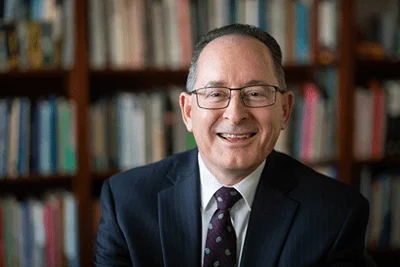State Senator Jim Runestad | Michigan House Republicans
State Senator Jim Runestad | Michigan House Republicans
State Senator Jim Runestad has introduced a bill aimed at restricting investment strategies for Michigan's public pension funds that are influenced by political or ideological considerations. The legislation, Senate Bill 300, seeks to amend the Public Employee Retirement System Investment Act, ensuring that only financial factors are considered when making investment decisions.
Runestad stated, "Thousands of Michiganders rely on their public pension for security in retirement. They’ve entrusted the state to manage those investments, and it ought to be criminal for liberal pension boards to prioritize woke politics over fiscal prudence and investment returns." He criticized what he described as "financial DEI," referring to diversity, equity, and inclusion initiatives linked with environmental, social, and governance (ESG) investing.
The proposed bill follows Runestad's previous efforts with SB 1192 in 2022 and has garnered support from various public policy leaders who emphasize the importance of focusing on investment returns rather than political agendas. James Hohman from the Mackinac Center for Public Policy remarked on Michigan's existing $30 billion pension debt, asserting that ESG strategies detract from the core purpose of public pensions.
Zachary Christensen from the Pension Integrity Project at Reason Foundation commented on maintaining political neutrality in pension investments to ensure maximum returns while minimizing taxpayer risks. Cameron Sholty of Heartland Impact expressed concerns about ESG-driven discrimination impacting economic vitality and consumer choice.
Jason Isaac from the American Energy Institute highlighted that such politically motivated strategies could undermine financial stewardship and called for restoring fiduciary duty to its original purpose—maximizing benefits for beneficiaries. Jack Baum from Americans for Tax Reform supported the legislation as a means to protect taxpayer investments.


 Alerts Sign-up
Alerts Sign-up